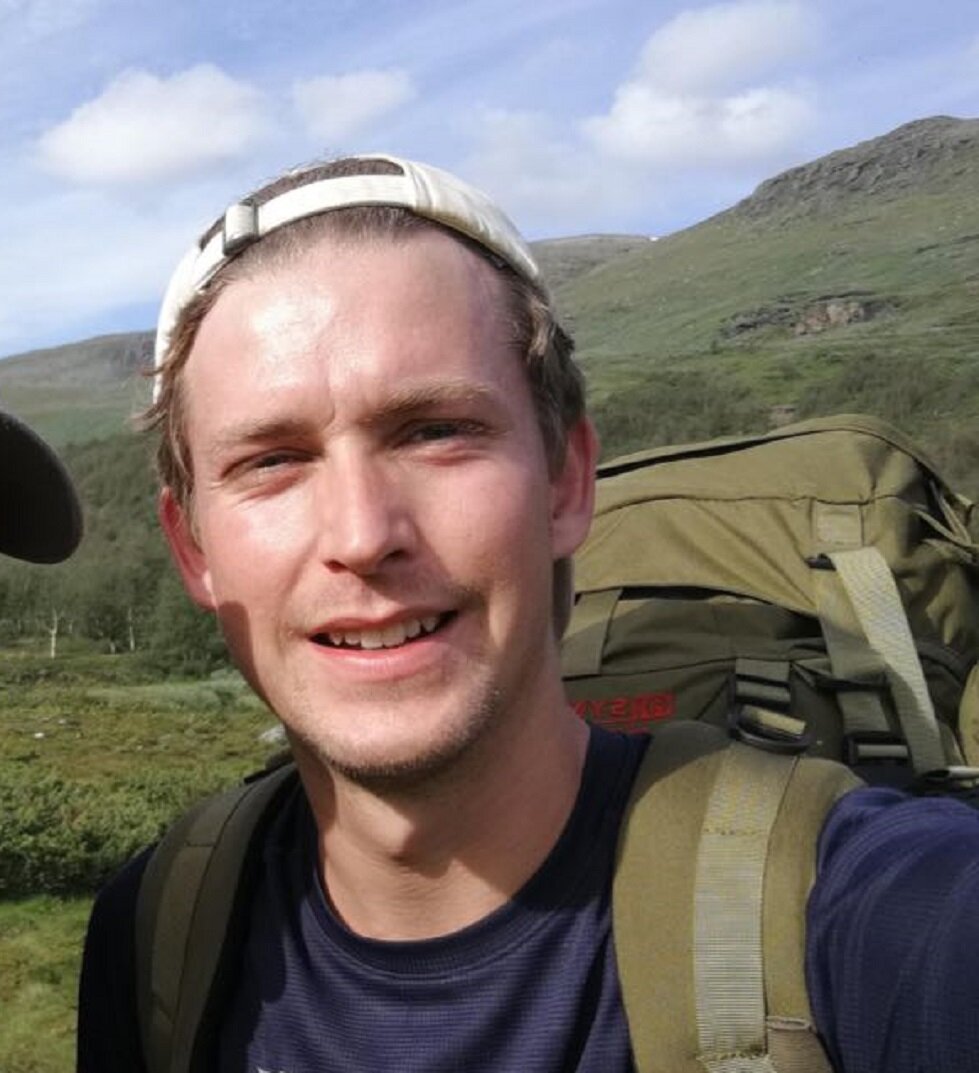Rasmus Göthberg
Graduated: spring 2017
Work as: planning secretary (planeringssekreterare), Social Service Department, Malmö Municipality
I work as planning secretary (planeringssekreterare). During my studies, I did my internship at the Swedish Embassy in Athens. Among other things, I wrote different reports and got the opportunity to meet, for instance, politicians, Amnesty and Transparency International. I learned a lot. A major part of my work was to analyse corruption and later I wrote my Bachelor´s thesis on social trust and corruption in Greece. I analysed EU reforms that, according to me, damaged the social trust, which is an essential part in the work to counteract corruption.
Why the bachelor programme in human rights studies?
At first, I didn´t know what I wanted to do or what to study, but I was engaged and had an interest in our society. So, I went to an open research seminar at Human Rights, to get a notion of how they talk about knowledge and it was very interesting. After checking the course literature, I thought, Why not? Then the Bachelor´s programme just got better and better. I liked their attitude towards knowledge. It started in total “lost in space” and the lack of what you think is support and help. Then after a while, we learned how to find our way in the darkness of all the readings and all information and knowledge you acquire. That was the trick, we got a lot of freedom, but was forced to learn to independently gain knowledge. The programme in Human Rights Studies also provided us with strength and critical perspectives and taught us not to buy anything, regardless the balance of power. Then it´s the social culture at the division, which I really liked.
What have you been doing since you graduated?
At first, I looked for all jobs I could find and built a professional alter ego. I started a project with a journalist from Kirkuk about critical journalism in the Middle East. Without experience or contacts, it was tough, but it gave us a reason to call important people working with aid in Sweden, and that was fun. Then I got this job.
How did you come across your current employment?
It was advertised at Malmö Municipality website. I called and talked to management to get more, concrete, information about what the job was actually about and I think that was significant. They wanted someone that wasn´t a trained social worker and seemed to want someone that could ask critical questions to the department. Also, I think the internship carried a lot of weight.
Could you describe a normal workday?
The day before yesterday I worked with a method for internal evaluations, an assessment system to follow up how we manage risk factors, earlier identified. For instance, I look at the process from the basis of a decision to the actual decision. What is the statement of reason for a specific decision? Why did we make that decision based on this/these reason/s? In a concrete way implementing Human Rights. Also, I manage a team working on different processes, evaluating them and try to find gaps, if there are any. The goal being to make sure that our work with the legal rights of the individual, equal treatment and human rights on a local level is carried out well. I find this job concrete and stimulating, and I like this better than not having the means to change anything at all. I feel I can make a difference.
What are your recommendations to other students that would like to pursue a career in the same field?
If you´re interested in working with human rights in a local context, focus on already established sectors. If you´re serious about changing the world, you need to adapt “changing the world” to your own action space. Then make damn sure to do your best. Some say that “not everyone can save the world”. That’s wrong, but not all of us can save the world by controlling leadership.
What are your thoughts of the new MA programme in Human Rights Studies?
I really think it will be good. I´ve read that you plan to connect education with research. If you succeed in getting the students to feel they are actually working with reality and real problems, I think it will be outstanding. I believe that boarders between academia and the real world should be erased.

